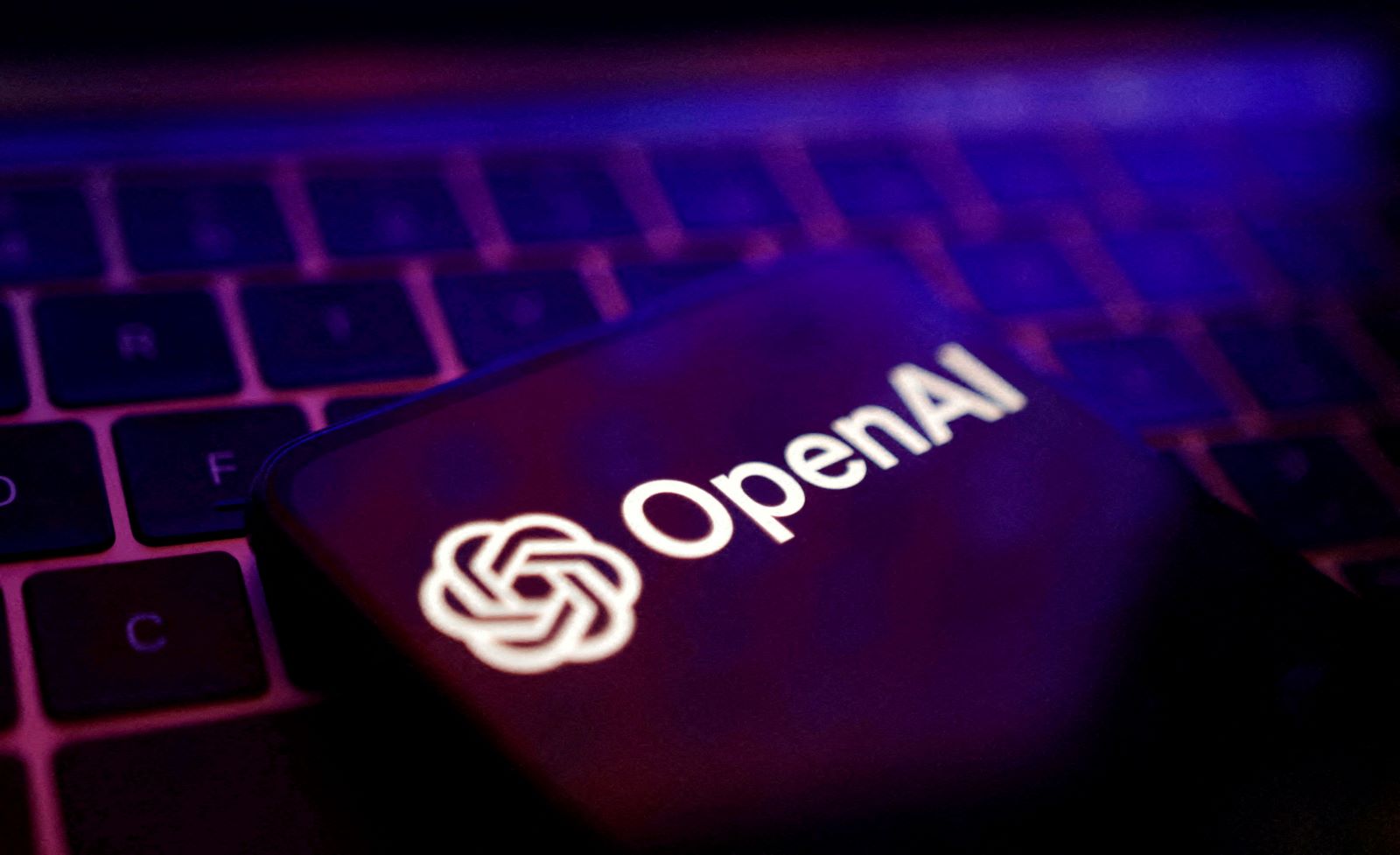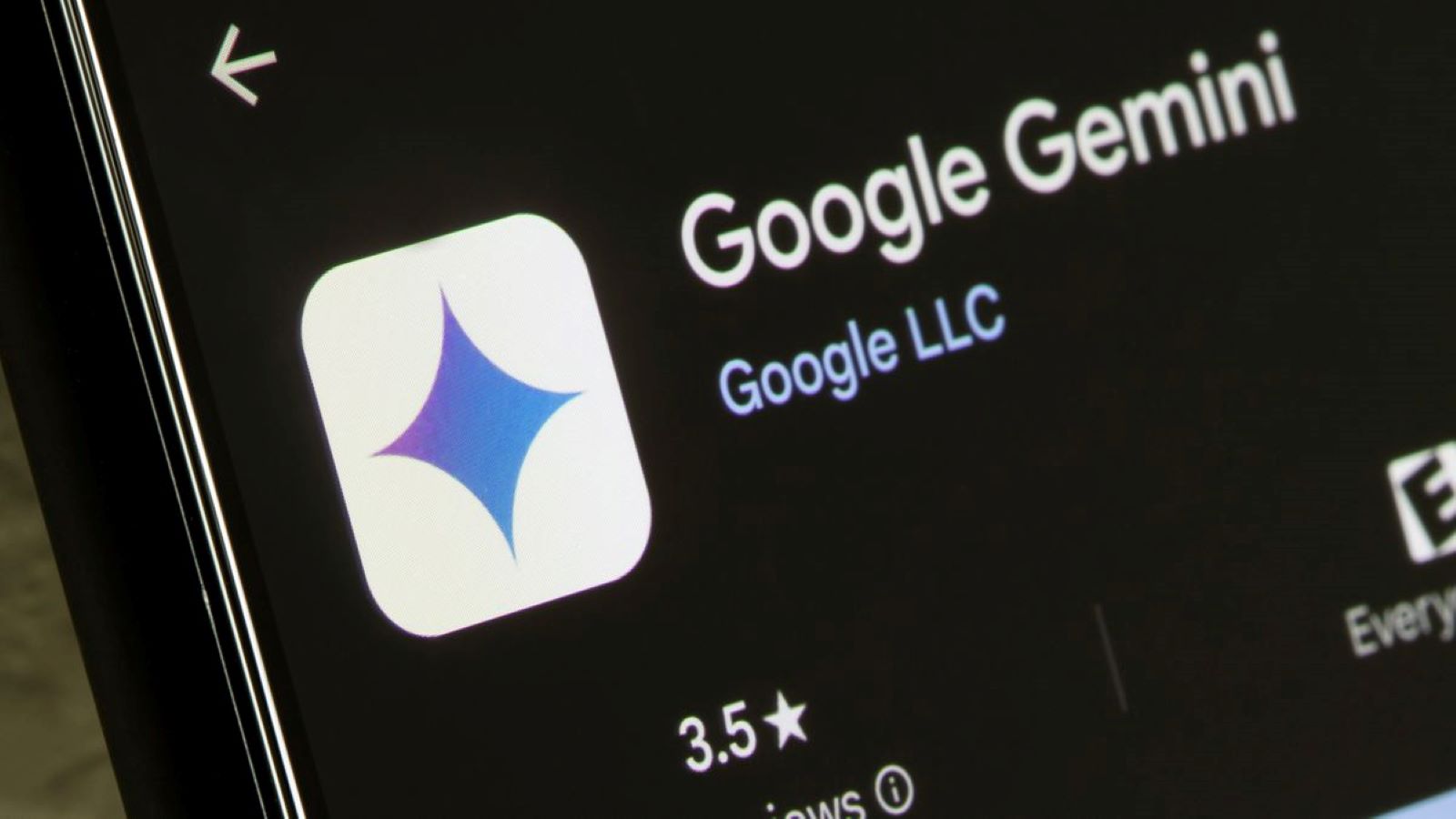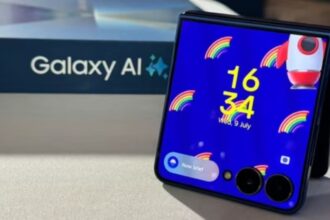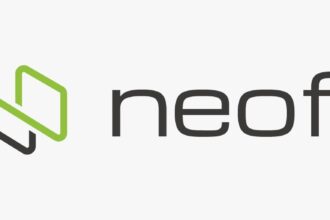OpenAI, the research lab behind some of the most well-known AI tools, has been quietly hiring software engineers to improve its code-writing model, Codex. The task sounds almost paradoxical: these programmers are being paid to solve coding challenges so their work can become training material for an AI system that, in theory, might one day automate parts of their own profession.
Key Takeaways
- OpenAI is contracting programmers to produce high-quality code samples.
- These human-written examples are used to train Codex, the model that powers GitHub Copilot.
- The aim is to give the AI clean, reliable problem-solving methods rather than leaving it to learn only from messy public code.
- While this creates short-term opportunities for developers, it also pushes AI closer to taking on more complex programming work in the future.
OpenAI has built a reputation for advancing artificial intelligence with projects like GPT-3 and DALL-E. Codex, one of its central projects, is trained on billions of lines of code scraped from the internet, including public repositories on GitHub. This model forms the backbone of GitHub Copilot, a tool that suggests code snippets and even full functions inside a developer’s editor.
But OpenAI ran into a familiar problem: much of the code available online isn’t exactly great. It can be buggy, inefficient, or simply hard to follow. So instead of relying only on that raw data, the company started paying engineers to write well-structured solutions to carefully chosen programming problems. These examples serve as a kind of “gold standard” dataset, essentially a textbook that shows Codex not just how to code, but how to code properly.
This training strategy is part of what researchers call reinforcement learning from human feedback, or RLHF. In simple terms, the AI watches how humans approach a task and then adjust itself to mimic that behavior. It’s already been used to boost conversational models like ChatGPT, and OpenAI is now applying the same principle to programming.
The immediate outcome is clear: skilled developers get paid for their knowledge. The bigger question, though, lingers in the background. If Codex and tools like it continue to advance, what happens to software jobs in the long run? Some in the industry argue that AI will serve as a productivity boost, handling repetitive tasks so human engineers can focus on harder problems. Others, however, worry about displacement, particularly for junior developers whose roles often involve the kinds of routine coding that AI might soon handle with ease.
For now, at least, AI still leans heavily on human input. The paradox remains: the very expertise that trains these systems is also what they might one day compete with.
Frequently Asked Questions (FAQs)
Q. What is OpenAI Codex?
A. OpenAI Codex is an artificial intelligence model that can understand and generate computer code. It is trained on a massive amount of text and public source code and is the technology behind GitHub Copilot.
Q. How does OpenAI train Codex?
A. Codex is initially trained on a large dataset of public code from the internet. OpenAI is now refining it further by using a smaller, high-quality dataset created by paid human software engineers who solve specific coding problems.
Q. Will AI like Codex replace human programmers?
A. This is a topic of much debate. Currently, AI tools act as assistants that help programmers write code faster. While they can automate some tasks, they still require human oversight and expertise for complex problem-solving, system design, and debugging. It is unclear how this will change in the long term.
Q. What is GitHub Copilot?
A. GitHub Copilot is a tool for programmers that integrates into their code editors. It is powered by OpenAI Codex and provides real-time suggestions for code, from single lines to complete functions, based on the context of the code being written.
Q. Is programming still a good career choice?
A. Yes, programming remains a strong career path. While AI tools are changing how developers work, the need for people who can design, build, and maintain complex software systems remains high. The nature of the job may evolve to focus more on system architecture and working with AI tools.



















